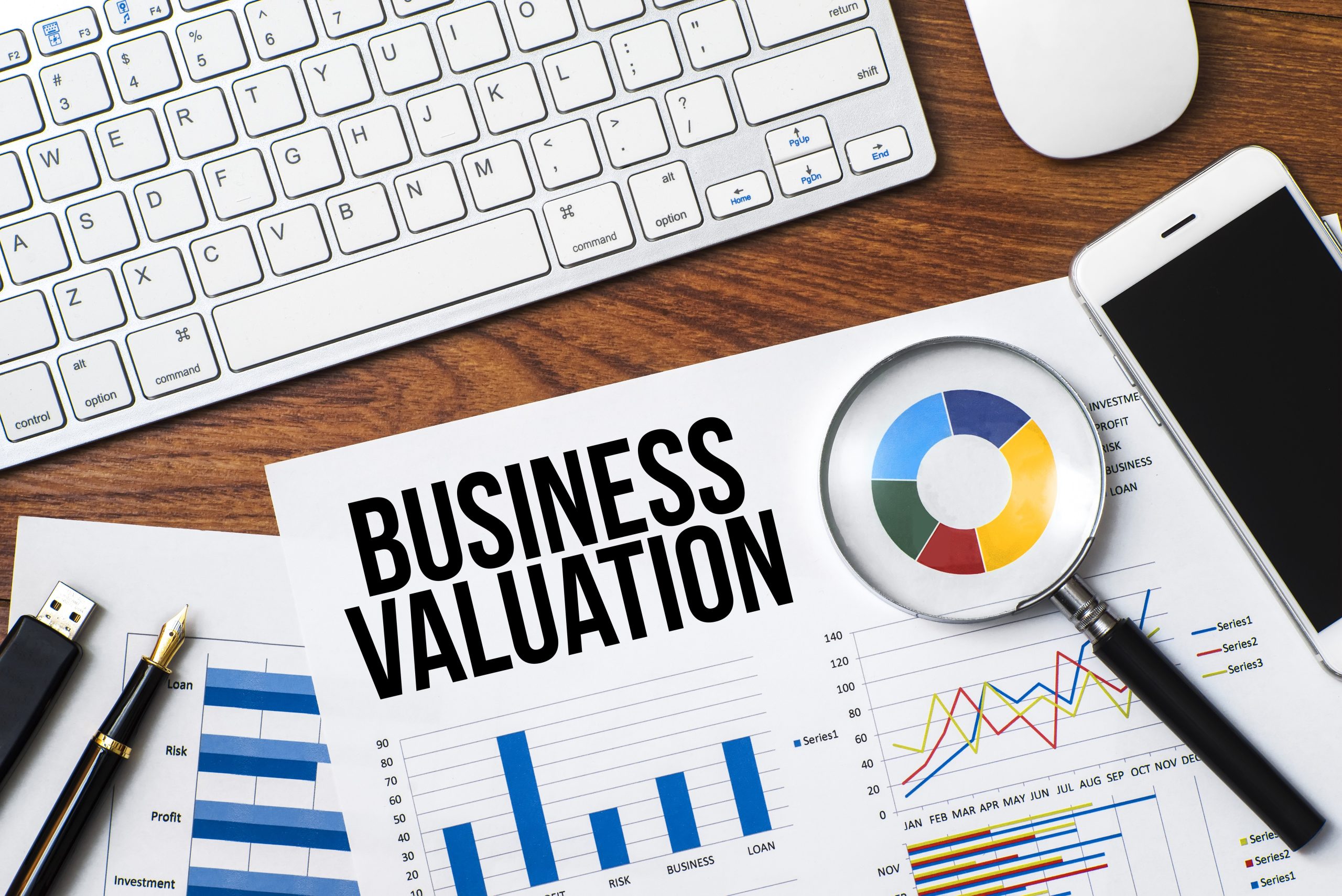
Why Valuation Matters for Closely-Held Businesses
We are all working towards an end-of-business ownership event, whether it’s an external sale, an internal succession, or a transition to your family through an estate plan. Whichever path you hope to take, the change will arrive someday. Knowing that the business will transition away from you at some point, it’s a must to have a strategy in place. A key piece of data for that strategy is a current valuation so that you can understand what your business is worth.
There are several types of business valuations, but for this article, I will focus on three: an agreed-upon pricing methodology for a cross-purchase between partners, an informal third-party valuation, and a formal third-party valuation.
*Note: Before pursuing any of these, be sure to seek appropriate tax and legal advice as this is a brief overview to get your thinking started.
The Cross-Purchase of a Closely-Held Business often has an agreement drafted between the owners stating a specific price and purchase method should there ever be an event where some equity transfer is needed. Typical scenarios would be the death of a partner, a partner being asked to leave (aka fired), or a partner voluntarily exiting employment with the company. Many cross-purchase agreements will have a formula in place to specify how to determine the value at one of these triggering events. It could be a fixed price, a revenue multiple, or another straightforward methodology that seeks to establish a value. A discounted cash flow model would be an example of this. Cross-purchase agreement methods tend to be used in shareholder agreement documents and need to be consistent and easy to apply. They are typically not seeking the most accurate measurement of the current fair market value of the company but instead trying to avoid disagreement about the value at the time of the triggering event.
Informal Third-Party Valuations are typically prepared for consultative purposes. This way, the owners of a company can get an idea of what the value is and which elements are adding or subtracting from that value. These types of valuations tend to determine the “intrinsic value” of a company based on several factors. Considered is detailed financial information as well as information on the human capital, governance, financing structures, and risk exposure of the company. These should be used to help improve the performance of the company over time and can be highly influential in increasing the enterprise value for a liquidity event.
Formal Third-Party Valuations are typically as part of a planned transaction where taxation is a key component. CPAs or CVAs (Certified Valuation Analysts) perform these valuations and are highly detailed. They are intended to take into account the current market conditions for pricing a company and establishing a value that complies with IRS regulations on what is considered an accurate value. You would typically seek one of these valuations for the sale of a business to a close family member, to establish a consistent value for a functioning internal market for shares among the owner group, or to ensure that the tax treatment for a sales transaction is allocated correctly.
When developing or updating your contingent or planned business exit strategy, be sure to consider how to value your asset and which type of valuation counsel should be part of your team.
Have any questions? We’re here to help!
{{cta(‘b98204c7-0e0e-4d3b-895d-e54ef00e4f97’)}}




